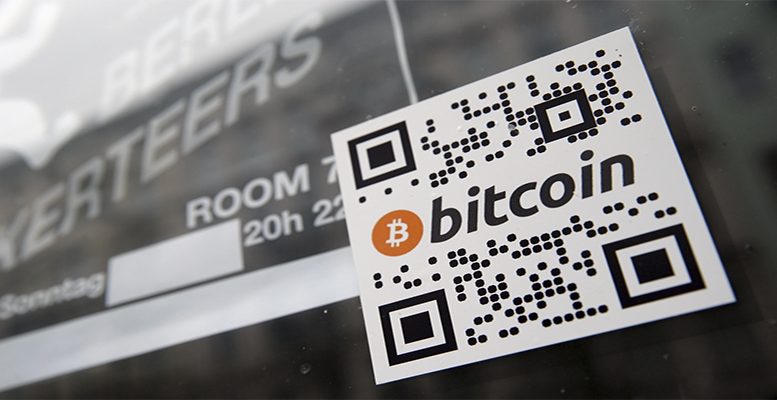Of course, Market Monetarists see things differently. We respect markets, fear them too, and completely reject the concept of a “bubble”. If the participants in the market decide Bitcoin is worth USD 11,000, arriving at this conclusion with their own Talebian “skin in the game”, we take notice.
Bitcoin could certainly crash due to expected displacement by another cryptocurrency, or be undone by some unforeseeable complication, after all markets are not perfect. But at USD 15,000 per unit, and about USD 300 billion in total value of all Bitcoin, there is probably something to this given how many eyes are on it, and how many billions in mining hardware and electricity are currently dedicated to the network. Bitcoin may not work out, but there’s a decent probability that it will, if you think otherwise, you should short it (which you can easily do).
The primary uses of bitcoin seem to be as medium of exchange and store of value. In countries with a weak rule of law, and a history of currency confiscations (think Argentina) or with rules preventing capital from leaving the country (China), bitcoin is a powerful tool for moving funds to more investment friendly jurisdictions, or for clandestinely storing savings. Bitcoin is unlikely however to become the medium of account, that is to say, it is unlikely that loans, employee salaries or prices in a store will be denominated and ‘thought of’ in Bitcoin terms.
If an advanced economy, such as the US or UK, with a high degree of financialization and lots of sticky prices, switched to Bitcoin as the yardstick by which the books were kept, disaster would ensue. Nation States would lose the ability to conduct monetary policy, and thus would be unable to offset domestic fluctuations in demand to hold currency, and would be buffeted by foreign demand for the Bitcoin currency.
Due to the way that Bitcoin is configured and governed, the number of Bitcoin in existence would eventually asymptote to a fixed value, leading to deflation. Libertarian extremists might find this state of affairs ideal, but we in the real world see it as catastrophic. For this reason, governments are unlikely to endorse ’Bitcoinization’ of prices or state budgets, and this in turn will keep big business from denominating in the unstable currency. The matter of Bitcoin being treated, for tax purposes, as a commodity, subject to capital gains taxes, also makes it unlikely to become a medium of account.
This role of medium of account isn’t so important though. We’d propose that Bitcoin needn’t be thought of as a currency, so much as a payments platform. Just as most consumer transactions are done with credit or debit cards, in the future these cards may run on a Bitcoin backbone. I buy a coffee for USD 5, swipe my card and my bank pays the merchant USD 5 in Bitcoin, using the spot price. It then debits USD 5 from my checking account to compensate for the Bitcoin it lost. This alone should create massive demand at any given point in time for Bitcoin, and support a high price.
There will also presumably be a big demand for Bitcoin in countries with highly corrupt and/or underdeveloped banking systems. In this way, the future of money might be a hybrid system wherein Bitcoin, or some successor crypto currency, plays a substantial role. But national currencies will continue to play the decisive role as unit of account. Think of the way the Euro is used in the Visegrad Group countries, a parallel currency, only on a global scale.
This is all speculative, and frankly, such a revolution in how money is managed that one can’t help find it hard to jump in with both feet. If only Uncle Milton were alive to guide us!
Those who buy Bitcoin today may be massively rewarded, as those who bought Bitcoin in 2016 (or earlier) were rewarded. Markets are a two-way street though, there is no free lunch. Those who invest in Bitcoin are also investing in the downside, the risk that the dream of a low-friction decentralized global payments platform doesn’t work out. The Bitcoin speculator has reaped rewards to-date, but those rewards are the compensation for the massive risks he took.





